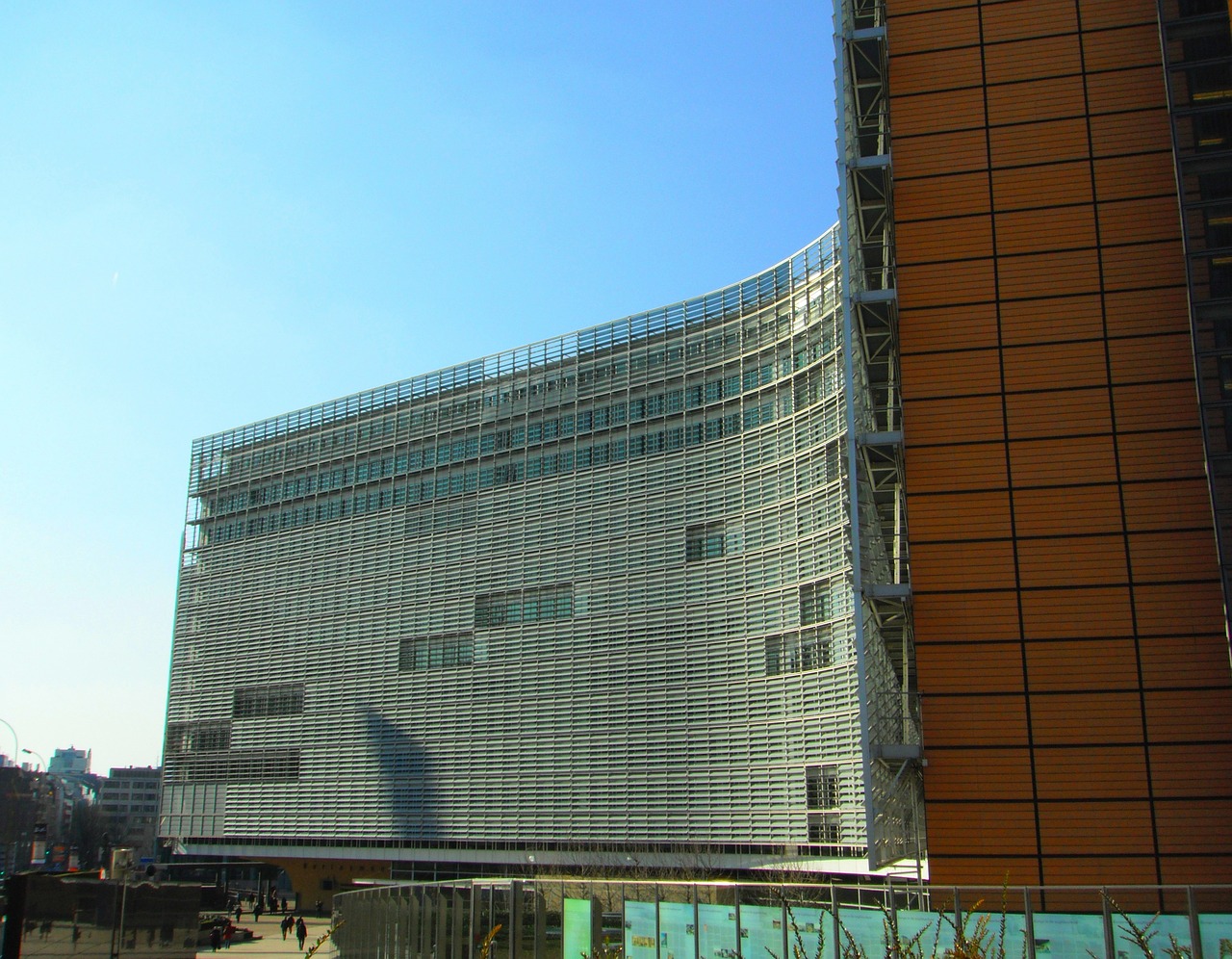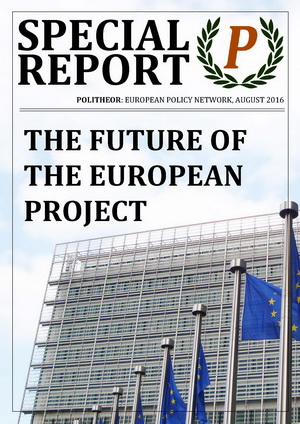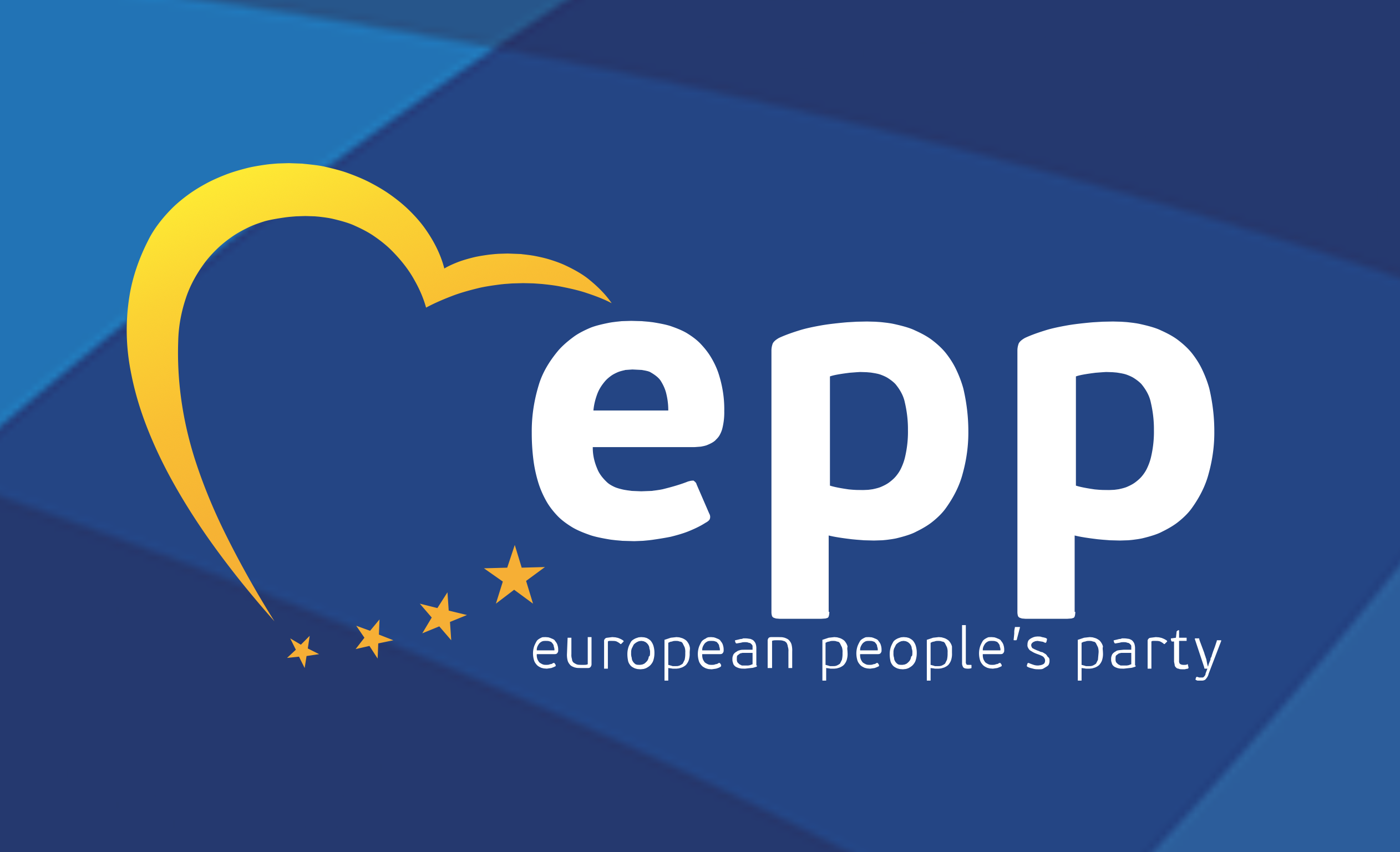POLITHEOR
European Policy Network
EU Governance and Politics
- Home
- EU Governance and Politics
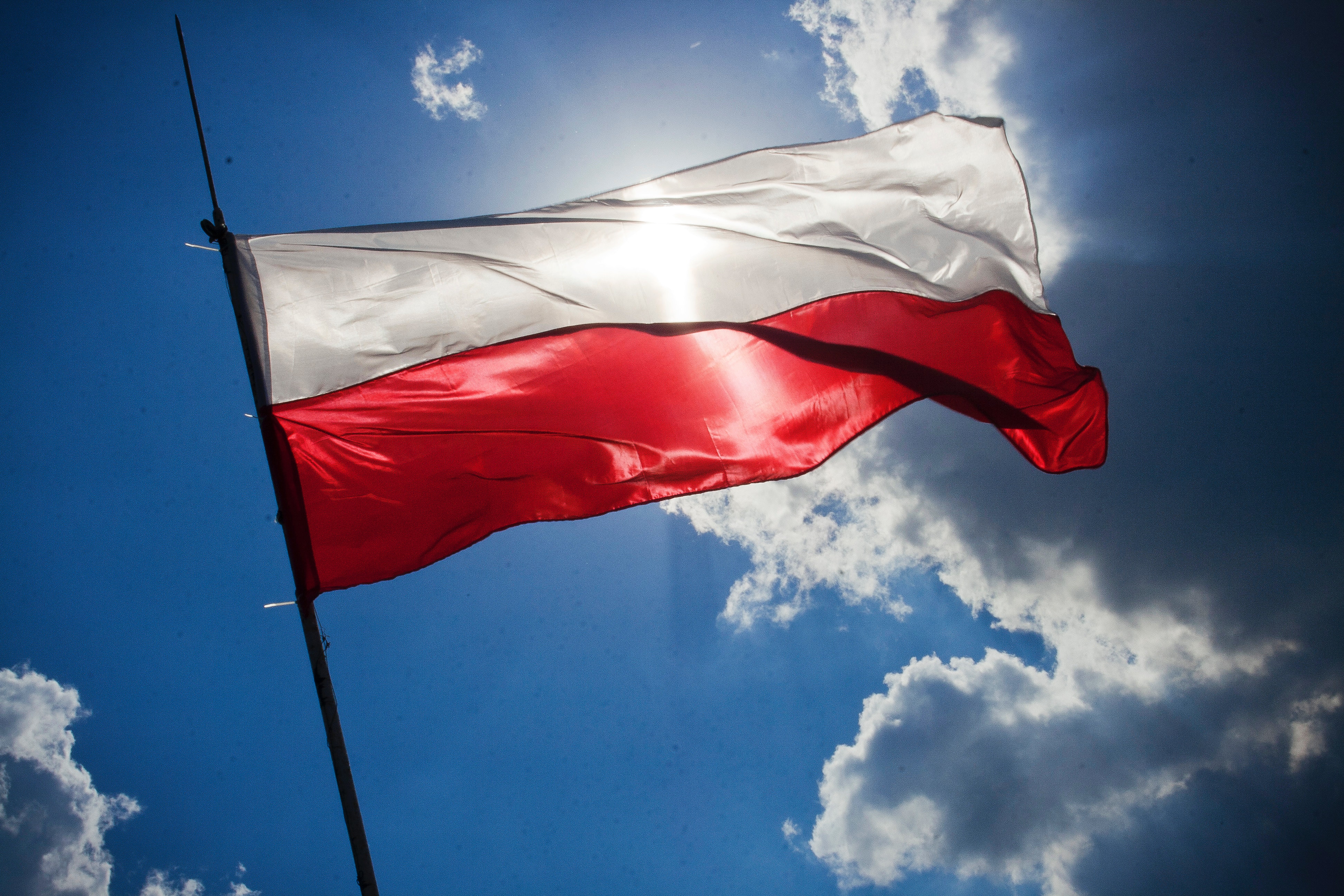
Poland and the rule of law: financial sticks, political carrots?0
- EU Governance and Politics, Op-ed
- 08/05/2018
After much debate, the European Commission chose to initiate the infamous ‘Article 7 procedure’ against Poland in December 2017. As the name already implies, this procedure is established in article 7 of the Treaty of the European Union (TEU) and designed to be able to take action against member states that risk breaching EU values.
READ MORE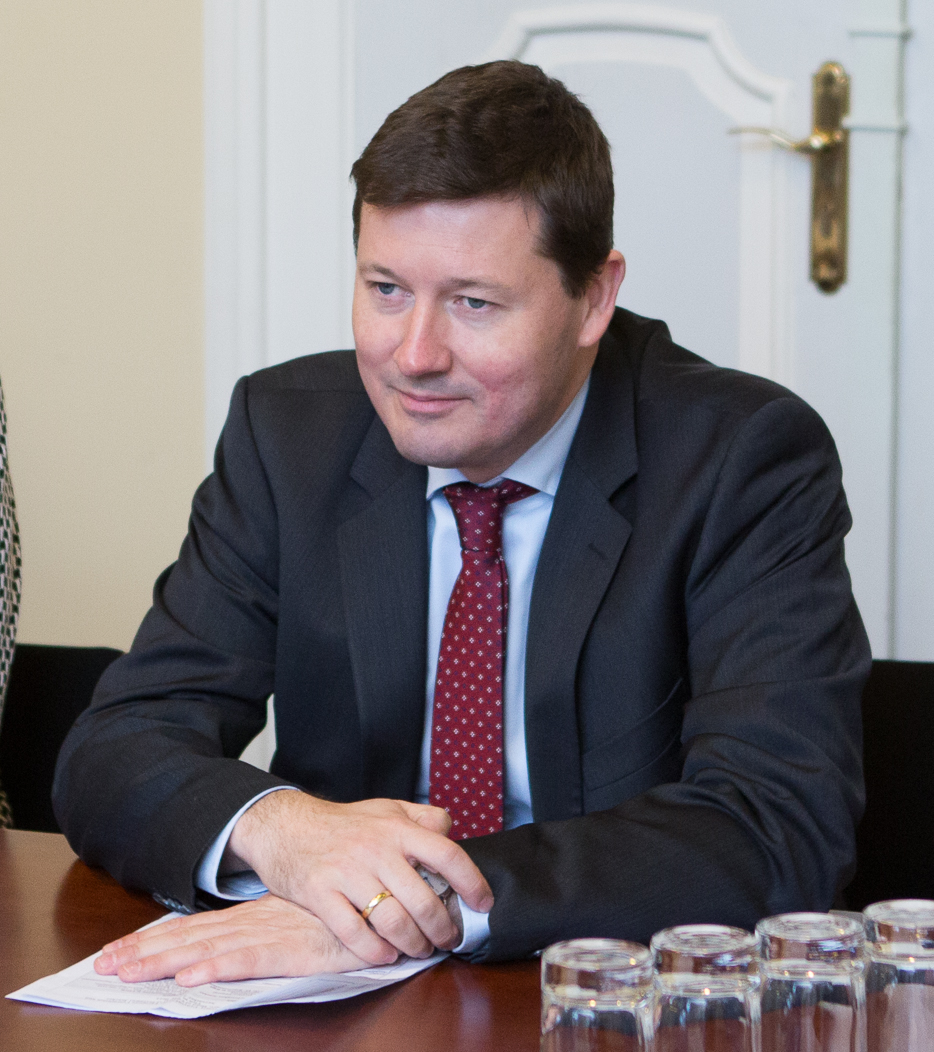
Selmayrgate: The European Commission’s House of Cards0
- EU Governance and Politics, Op-ed
- 31/03/2018
The high-speed double promotion of Martin Selmayr from European Commission President Jean-Claude Juncker’s Head of Cabinet to secretary-general of the European Commission hardly went unnoticed. Selmayr succeeded the former secretary-general, Alexander Italianer, as the head of a workforce of 33,000 Commission civil servants in a matter of minutes. It wasn’t long before shots started getting fired from different directions.
READ MORE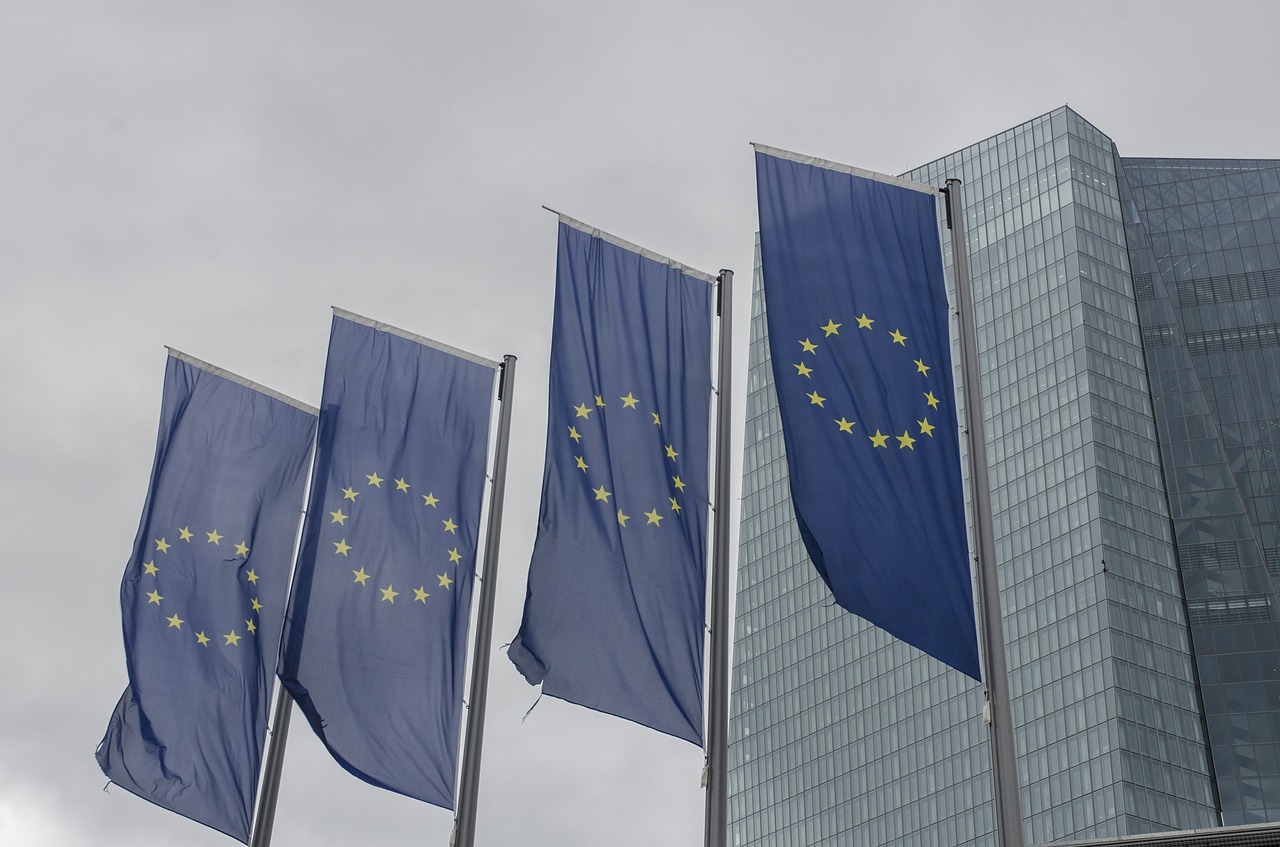
European Monetary Fund: further integrating financial stability0
In December 2017 the European Commission published its proposal for the establishment of a European Monetary Fund (EMF) that should prevent a re-run of the 2010-12 sovereign debt crises. The proposal is part of a wider reform debate which could potentially lead to a revision of the EU fundamental Treaties. Nonetheless, member states still hold different positions on the matter and squaring the circle of their diverging interests will be a tough task.
READ MORE
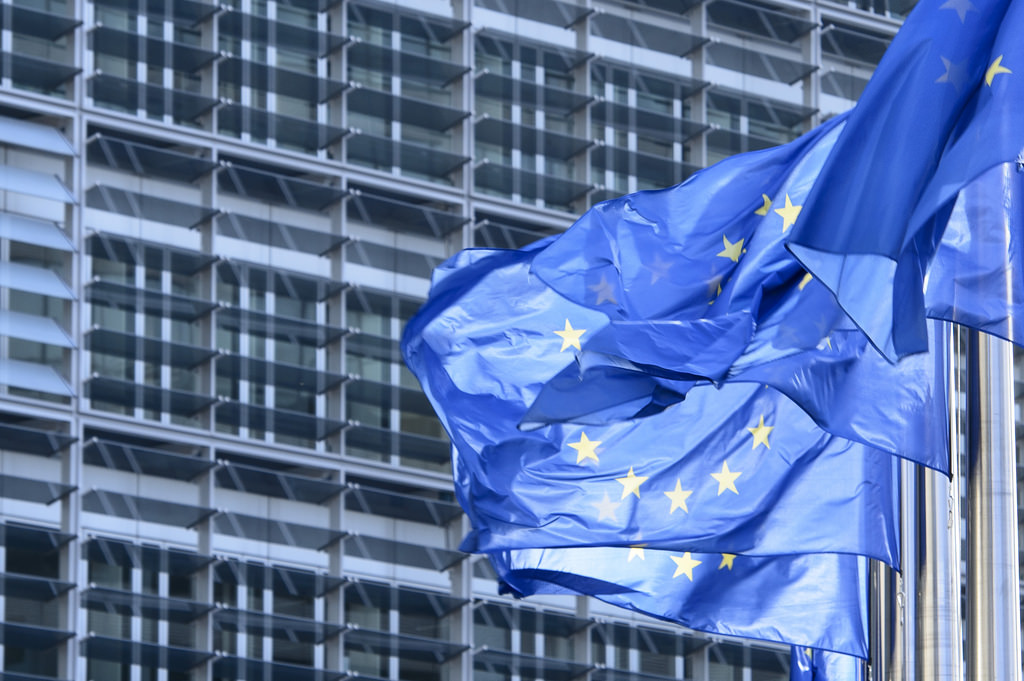
PESCO – One “Giant Leap” Towards European Defence?0
PESCO, a dormant Lisbon Treaty provision to deepen defence integration among EU Member States, finally saw the light of day. While broad questions remain about the future of European defence, the initiative surely promises to be the biggest leap forward for the bloc’s defence policy in decades.
READ MORE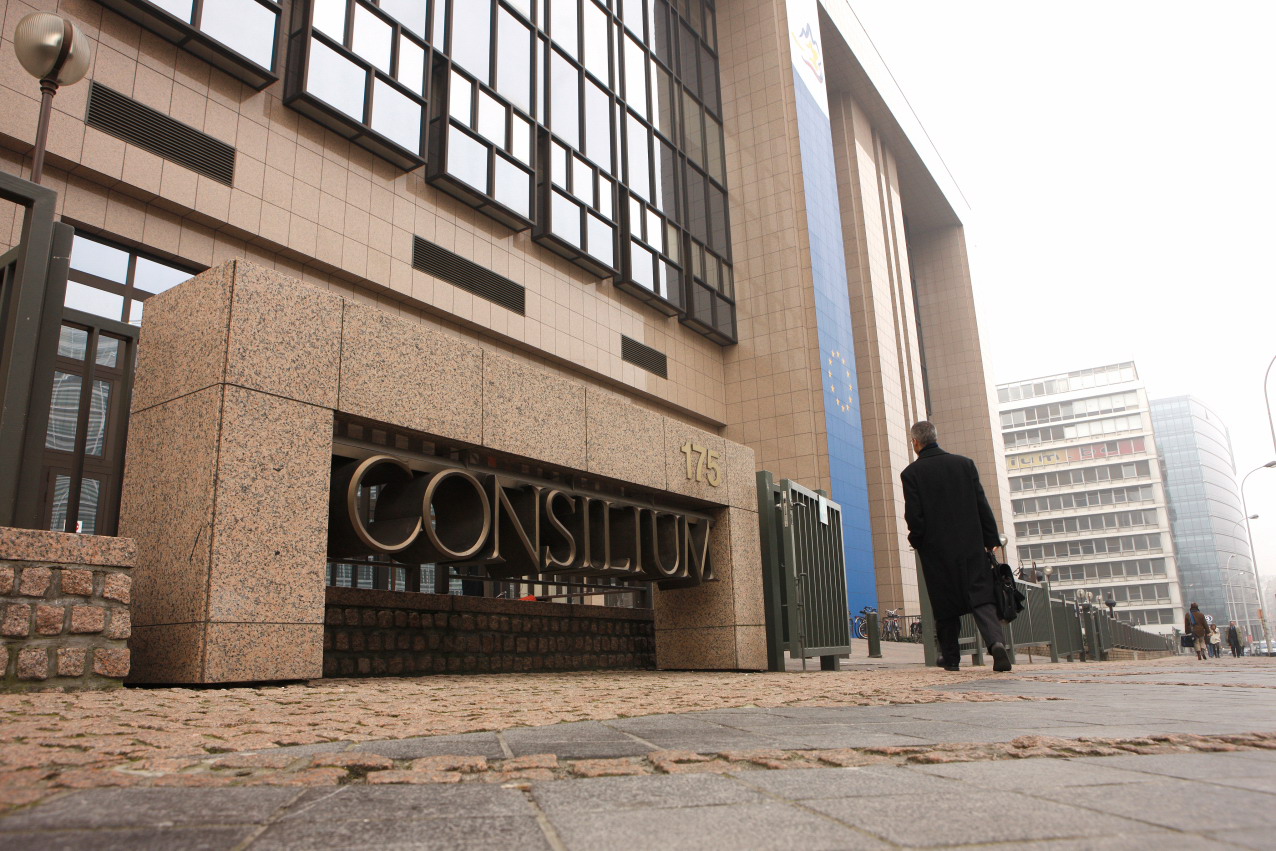
Does faster legislation come at the cost of transparency?0
- EU Governance and Politics, Op-ed
- 10/12/2017
One of the main goals of the post-Lisbon Institutional reforms was to make EU decision-making more efficient. Following many claims that EU legislative processes are overly bureaucratized, the main goal of such efforts was to make the EU law-making more fit for the many ongoing challenges requiring great institutional re-activeness. The result of such fitness operation is quite striking.
READ MORE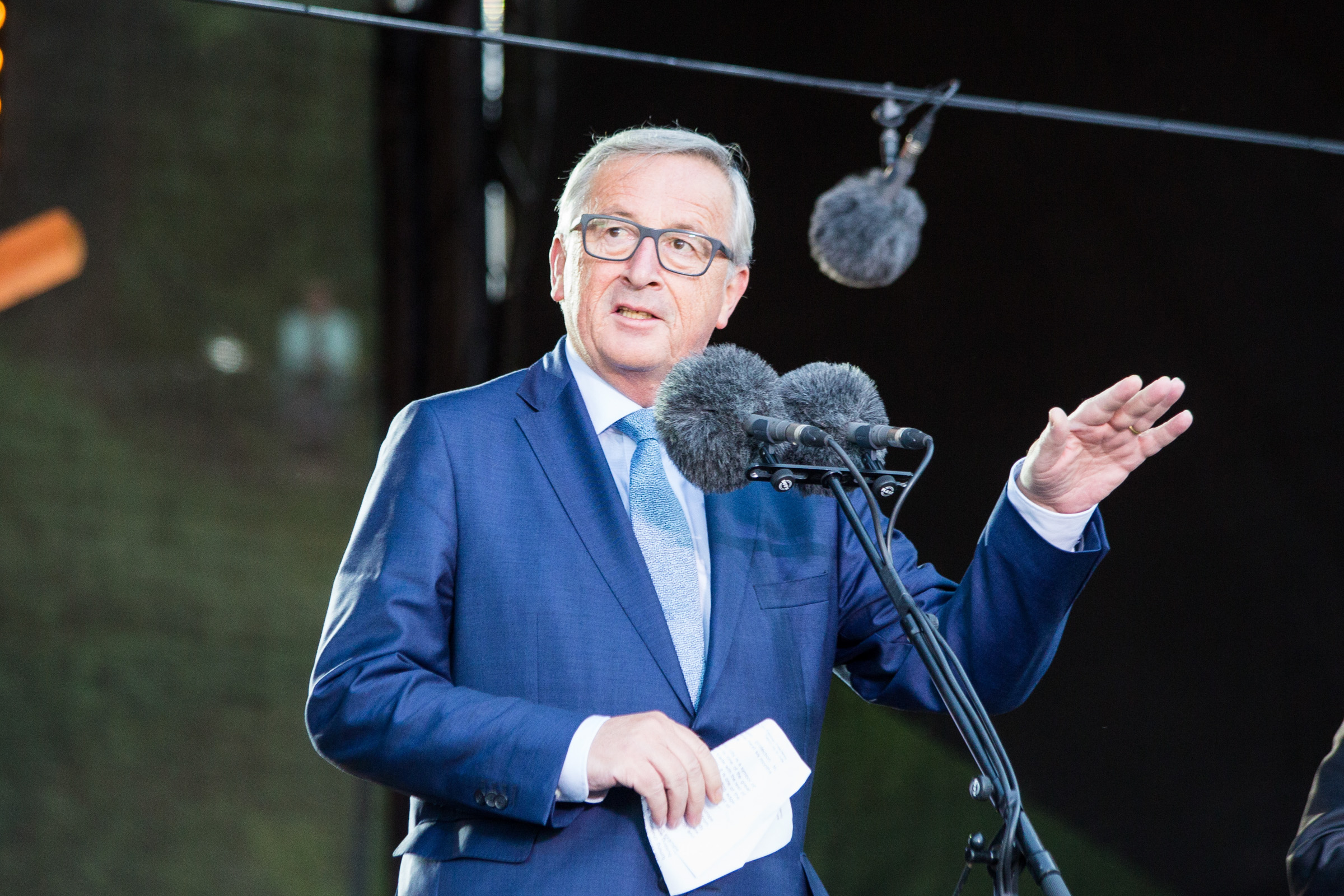
Why the Commission President is wrong to go wide but not deep0
- EU Governance and Politics, Op-ed
- 19/11/2017
In his annual address to the European Parliament, European Commission’s President Jean-Claude Juncker set out a blueprint for his final two years in office, covering a wide range of policy areas. On his call for deeper and more inclusive integration for all Member States, I say we are rolling the ball back to the starting point: the avant-garde option remains the only plausible route to closer political unity in the continent.
READ MORE
